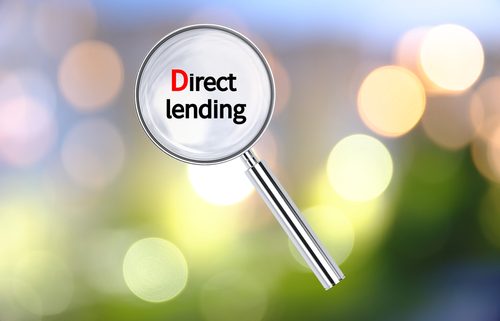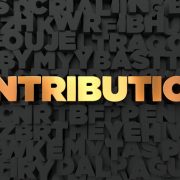Direct Lending Using a Self-Directed IRA
Many Self-Directed IRA investors choose to do direct lending within their retirement accounts. For example, they may lend money to borrowers in any of these credit situations:
- mortgages
- equipment leases
- small business loans
- car loans
- personal loans
- construction and ‘hard money’ loans
- private debt offerings
- factoring accounts receivable
- inventory financing
… and just about any other credit situation one can imagine.
One of the advantages for this kind of lending is flexibility: Self-Directed IRA investors are free to negotiate any terms that may be agreeable to both the lender and the borrower, though Self-Directed IRA owners should take care to ensure they retain enough liquidity to provide for required minimum distributions.
Terms can be fixed, variable (and tied to any benchmark that makes sense), and payment schedules can be anything that suits all parties – from level weekly or monthly payments that amortize at the end of the loan period to “zero coupons” that come due in their entirety, plus interest, at maturity.
Another advantage is the lack of a liquidity premium in the direct lending market. Yes, you can go buy shares in a bond fund, or buy bonds in the publicly-traded market. But interest rates tend to be lower in this market, as investors pay a higher price on bonds for the ability to liquidate a bond at market prices. Generally, the more liquid the bond, the lower the yield and the higher the price, all other things being equal.
This is well and good for investors who want and need that liquidity. But many Self-Directed IRA investors do not expect to need access to the cash they are lending out for years. For most people in that boat, an illiquid 8 percent is better than a liquid 3 percent!
However, Self-Directed IRA investors should go into this market with their eyes open: Private debentures, promissory note investing, and other forms of direct lending are potentially quite risky, and it is possible to lose some or all of your investment. A survey from the North America Securities Association found that promissory notes are the most common source of investor complaints to state securities regulators. Proper due diligence is paramount, as are rational provisions for the safety of capital.
The potential risk is particularly acute if and when the economy goes into recession, as many small businesses and other borrowers find that the economic assumptions about business growth and cash flow that were in place when they signed the notes are no longer valid.
A few tips for investors new to this space:
- Make loans that the borrower can repay even if they get some bad economic news or a business or professional setback.
- Maintain reasonable collateral. This can be the real estate being purchased by the loan or any other asset that can be quickly attached in the event the borrower defaults.
- Do not make loans you cannot afford to go bust. Maintain a portfolio of diverse loans and other asset classes.
- Do not attempt to lend IRA assets directly to yourself, your spouse, your descendants or ascendants or those of your spouse, nor to any business entities they control. Do not attempt to lend to any advisors working in a fiduciary capacity who are advising you on your Self-Directed IRA, or any entities they control. These transactions are prohibited by law and could endanger the tax advantaged status of your Self-Directed IRA, and lead to significant taxes and penalties.
Interested in learning more about Self-Directed IRAs? Contact American IRA, LLC at 866-7500-IRA (472) for a free consultation. Download our free guides or visit us online at www.AmericanIRA.com.








